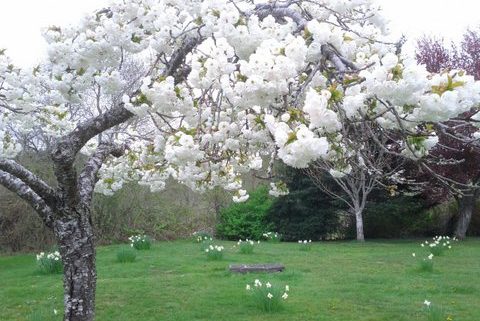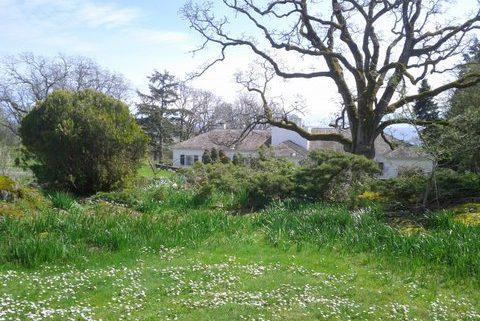It’s only a matter of time.
“To discover what is beyond time, thought must come to an end” …(Link to full K quote) Last evening I enjoyed the new movie “Theory of Everything” – the life story of Stephen Hawking. An extraordinary love story, with some extraordinary acting and cinematography. The scientific aspects of his quest to find the beginning of time are kind of in the background. This whole business of time and space as illusion has been known for centuries by sages and mystics, however, it appears science is still trying to “get it,” so to speak, using thought and thinking…which is all that time is. But the beginning of the universe and time simply cannot be located by time (thought). It’s only a matter of time before science runs out of molecules or thought. “Physics tells us that time functions relative to the one that is observing time. It would appear that every last particle of the observable stellar universe, even at the smallest quantum level, seems to function and have its basis in never-present time. Even at the level of energy, every bit of the observable universe appears to be vibrating, moving; it never stops passing in on in time, or not-being, to genuinely be. It means the entire universe never is present. What’s more, it takes time to observe the universe. And, the entire functioning of the very human, thinking mind that claims to observe that universe has its basis only in never-present time. Therefore that observing mind never is present, or being. Einstein demonstrated that time doesn’t move at a fixed rate, but seems to move at a speed “relative” to the one who is observing time. Now, let’s take a look at being or presence. From the standpoint of being, one now can see that time is not relative. Time takes on an “absolute” status again, but in a new way. From the premise of being, time isn’t relative to anything because in being, time never occurs! Being’s changeless presence precludes “the arrow of time.” Just as infinity has no spatial measurement, neither does being. There is absolutely no space or dimension in being, in the present. Being, the present is not present at all points in physical space. Being does not “fill” or occupy space. Why? To speak of movement in space, thus time, is to speak of what-is-not-being, instead of what-is-being. Being, the present, is the absence of time, which is also the absence of measureable space or dimension. As only the infinite-present, pure being, is what is being, and is the absence of time, then it does not permit or co-exist with time. Thus the infinite-present is not between past and future, but is the utter preclusion of past and future, all time. That which is truly present – being, infinity – involves no time, no space, no matter. As being is time-less, space-less, quality-less – then, being, like infinity, is irreducible. So, being makes it clear that the last irreducible “something” we’ve been seeking isn’t a quantum particle, string, or other form, but is Being, itself. The fact that infinity, being, is measureless, of course means it is un-observable and un-testable – and therefore unacceptable in scientific experimentation. The infinity of Being is clean and simple – an eternal absolute, standing present outside of time, cause and effect. Ever-elusive as being seems, science should not leave it completely out of consideration, just because being isn’t observable or measureable, or has no form. To be reality, reality has to be. Not to belabour the point, but if something isn’t specifically present, if it isn’t really being, then it certainly isn’t being real. Whatever the “ultimate reality” of life or existence is, does it not have to truly exist and be present? Whether one expects “ultimate reality” should have an incredibly small sub-atomic form, a mathematical form, or even a mental, theoretical form – to say reality has not yet been found, is saying no form has been found. While science may claim we are not yet able to say what reality is, it can be said with certainty that reality is. Again, by definition, in order to be reality, reality has to be. So it can be said for certain that reality must be that which is being. The fact that being has no measureable form means reality has no form. Being, thus reality, is the absence of time – and this shows in another way why reality has no form. In time-less reality, no time passes in which anything could be formed! No time passes in which any form could be discovered – or even considered un-discovered! One implication of Godel’s famous incompleteness theorem is that it is possible for something to be un-provable, yet true – and that points directly at being, infinity. Being, Infinity, can’t be proven mathematically or by data, for true infinity exists outside of numbers, formulas and data. Infinity exists outside of time. Yet un-provable infinity, being, is what truly is, or what is true. One simply cannot get around this, for if one attempts to say there is no being, one first has to be in order to even say that!” Excerpted from “The New Infinity” by P Dziuban









